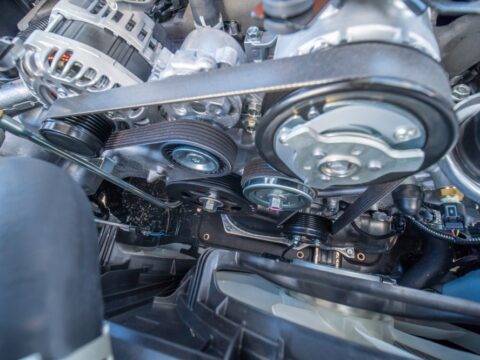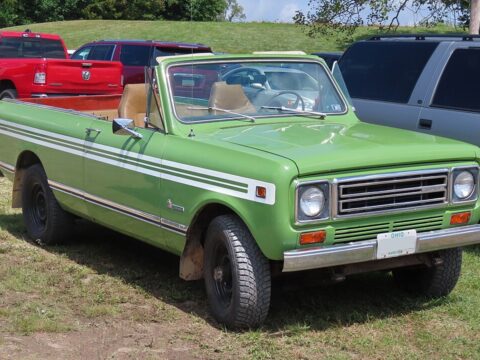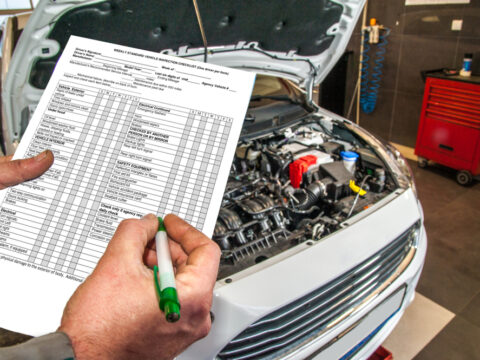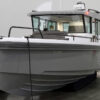Long-distance road trips can be fun and full of adventure, but when you’re in a compact car, certain challenges are hard to ignore. From limited space to less comfort, these cars bring unique frustrations to the table. Here are 14 realities that can make those long drives feel a little more tiresome.
Contents
Limited Legroom
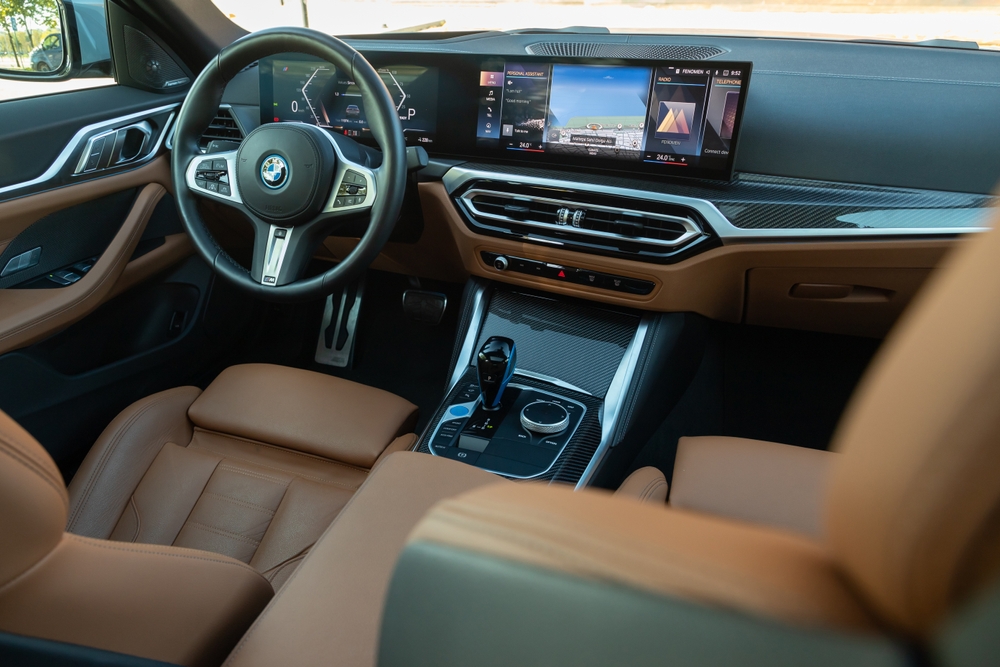
Compact cars are notorious for their lack of legroom, which can make long road trips uncomfortable for passengers, especially taller ones. Being cramped in a small space for hours on end often leads to stiff legs and body aches. Unlike larger vehicles, compact cars rarely offer enough room to stretch or recline. As the trip wears on, the discomfort only increases, turning excitement into frustration.
Minimal Storage Space
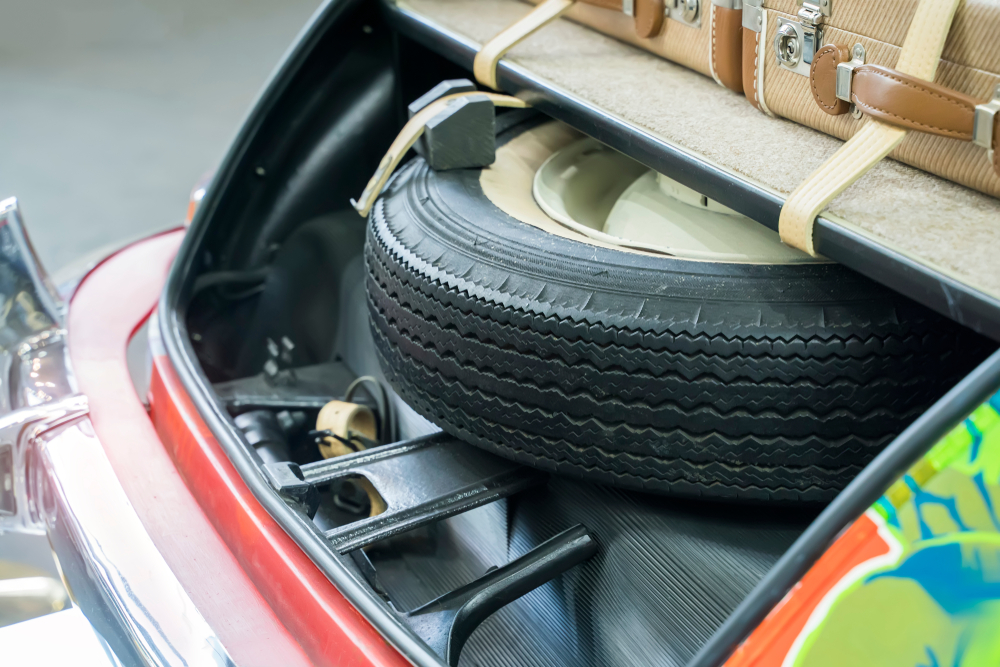
Packing for a long trip in a compact car often feels like solving a difficult puzzle. With limited trunk and cabin space, you have to choose carefully what to bring and what to leave behind. This can be particularly frustrating if you’re traveling with multiple people, as even essential items struggle to fit. Compromise becomes necessary, often sacrificing comfort or convenience during the trip.
Noise Levels
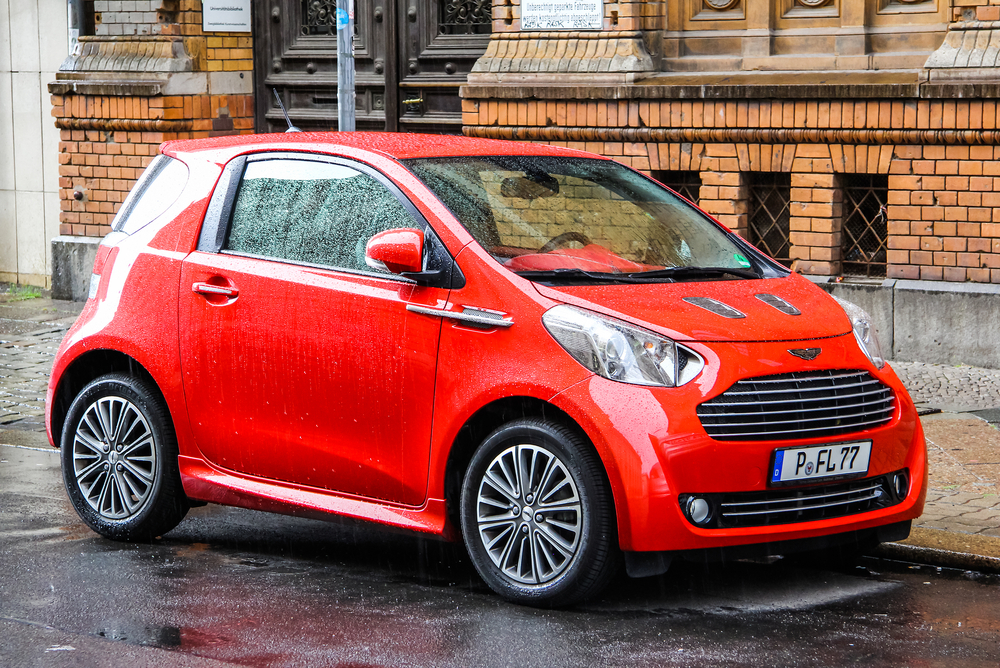
Road noise can be surprisingly loud in compact cars due to their thinner insulation. Wind, engine hum, and road sounds seep into the cabin, making conversations or music difficult to enjoy. Over time, this constant noise becomes exhausting, leaving passengers more tired than they should be. While some models are quieter than others, the lack of soundproofing in many compact cars is a common source of annoyance.
Lack of Power
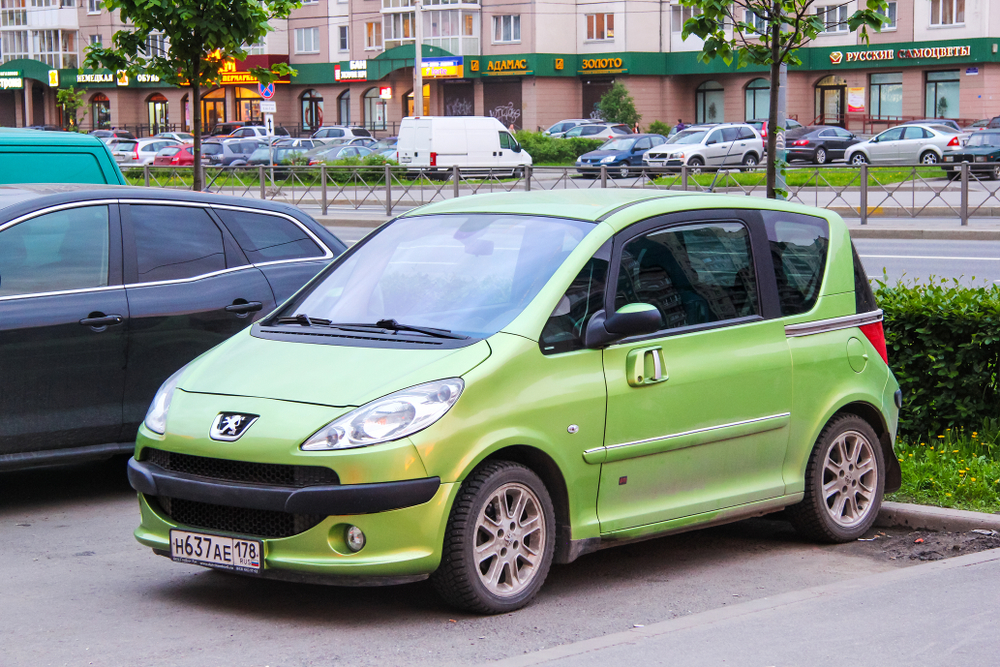
Many compact cars come with smaller engines, which means they lack the power needed for quick acceleration or climbing steep hills. On highways, overtaking slower vehicles can feel risky as the car struggles to pick up speed. This becomes especially noticeable when fully loaded with passengers and luggage, adding to the car’s burden. The result is a trip where you feel like you’re constantly pushing the car to its limits.
Limited Visibility
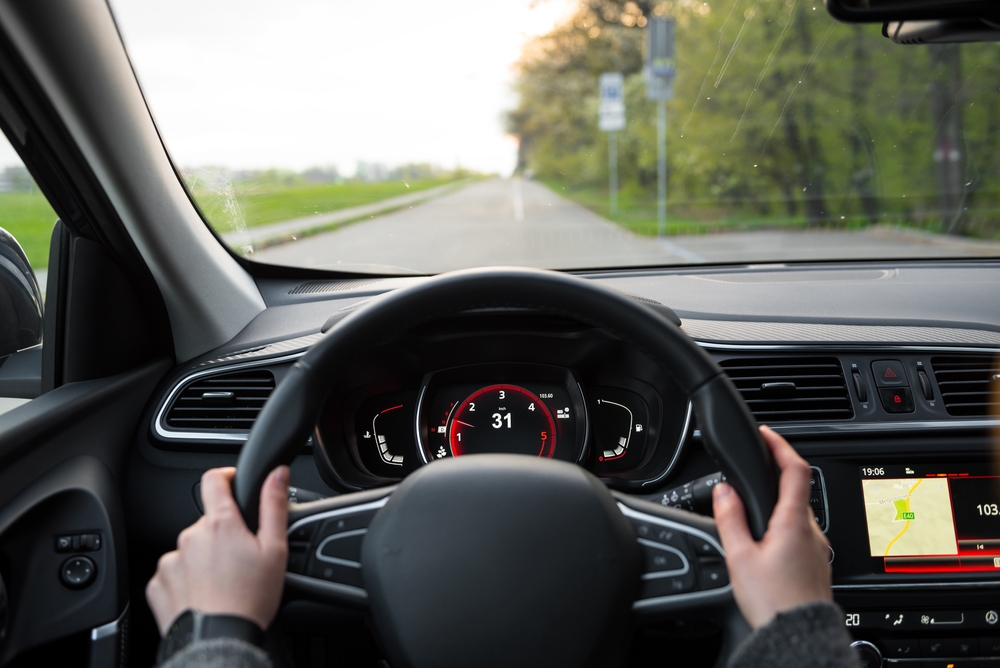
Compact cars often sit lower to the ground, which can make seeing around larger vehicles on the highway a challenge. Smaller windows and more pronounced blind spots add to the difficulty. Merging or changing lanes in heavy traffic can be nerve-wracking, especially when visibility is limited. For drivers accustomed to SUVs or trucks, this reduced field of view can feel unsettling.
Reduced Ride Comfort
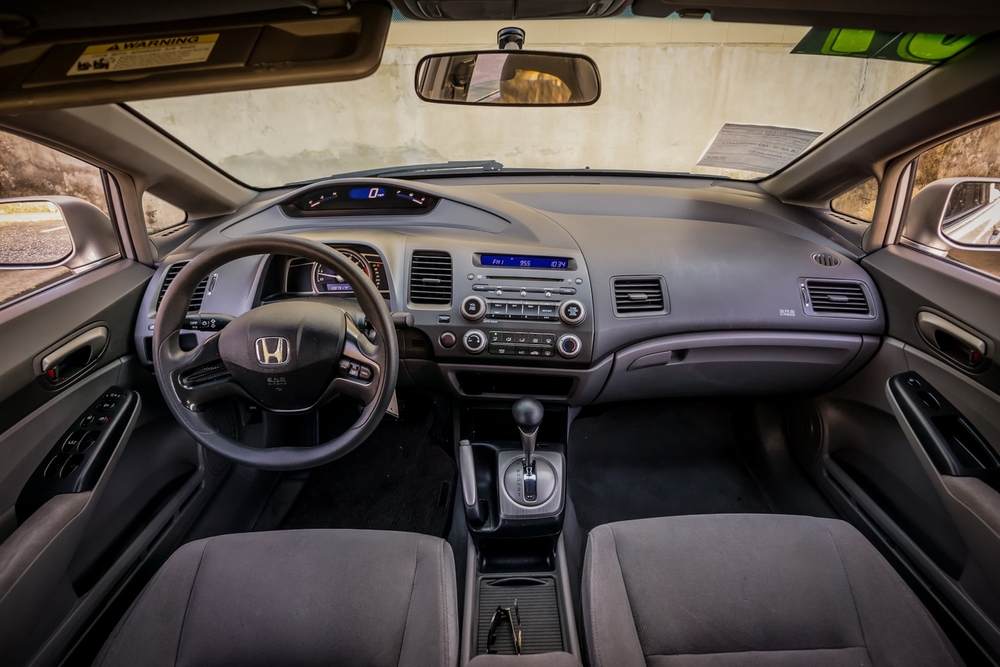
Unlike larger vehicles with advanced suspension systems, compact cars tend to provide a bumpier ride. Every pothole and uneven road surface is felt throughout the cabin, leading to passenger discomfort on long stretches of highway. This lack of cushioning forces you to make more frequent stops to stretch out and recover. Over time, the constant jostling can make a road trip feel like an endurance test.
Frequent Refueling

While compact cars generally boast good fuel economy, their smaller fuel tanks mean you’ll need to refuel more often. This can interrupt the rhythm of your journey, especially when gas stations aren’t readily available. In rural areas or long stretches of highway, finding a place to fill up might even cause anxiety. Despite their efficiency, the need for more frequent stops can become a frustrating reality.
Tire Wear
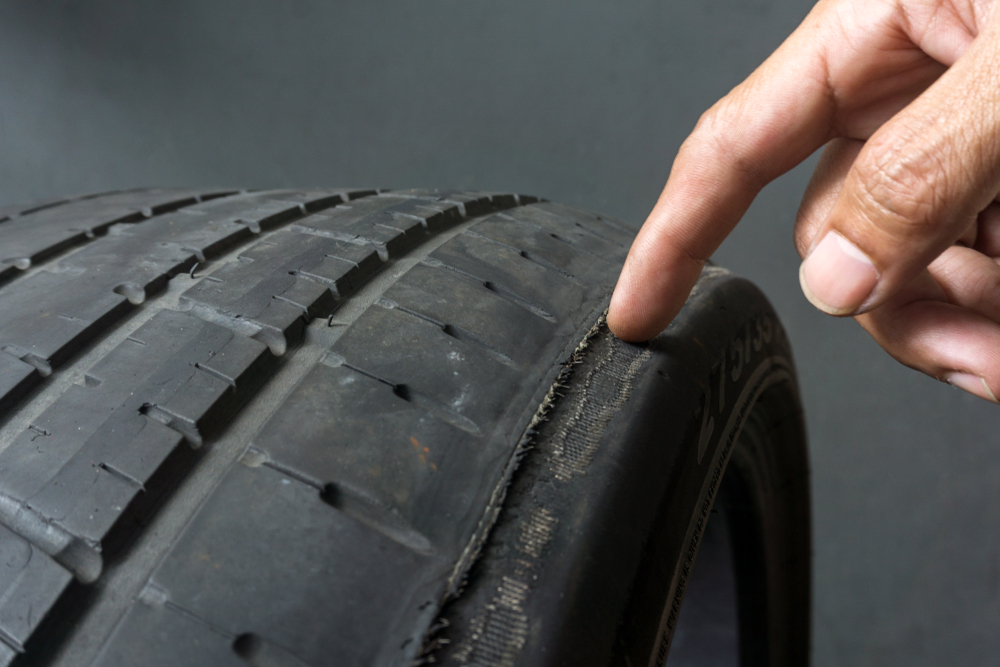
The tires on compact cars are often smaller and more prone to wear during extended use on highways. Road trips, especially those involving heavy loads, can accelerate tire degradation. As a result, you might find yourself checking tire pressure or tread more often than you’d like. Failing to do so can increase the risk of a flat tire, which is never welcome on a long trip.
Cramped Rear Seats
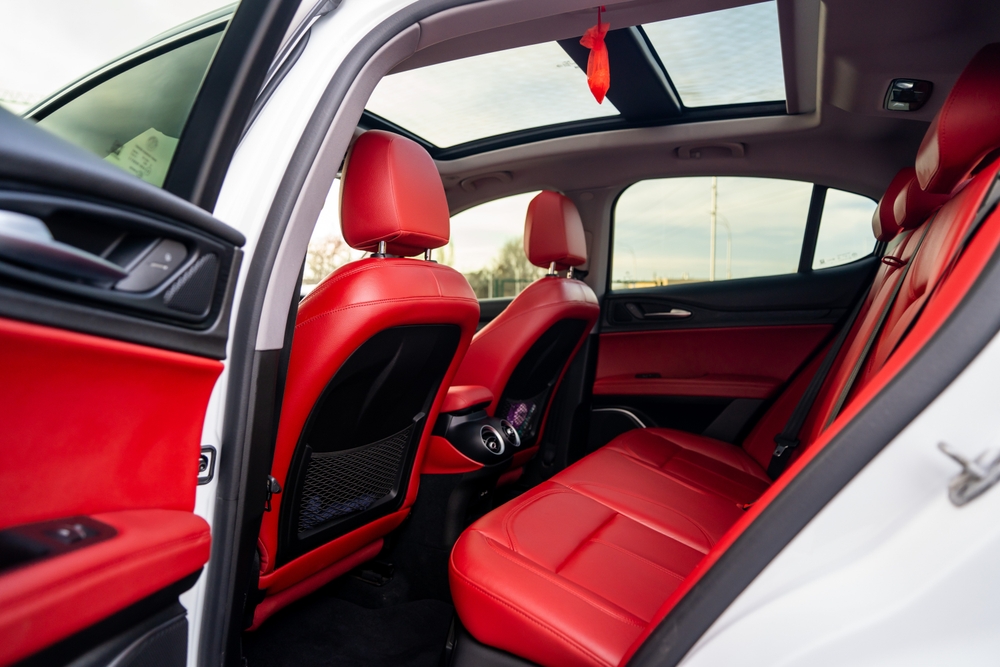
The back seats of a compact car offer little in the way of legroom or recline options. For adult passengers, sitting in the rear for hours can feel like a tight squeeze. This lack of comfort only becomes worse if you have to fit three people in the back. As the journey progresses, the cramped conditions turn what could be a relaxing trip into an endurance challenge.
Limited Entertainment Options
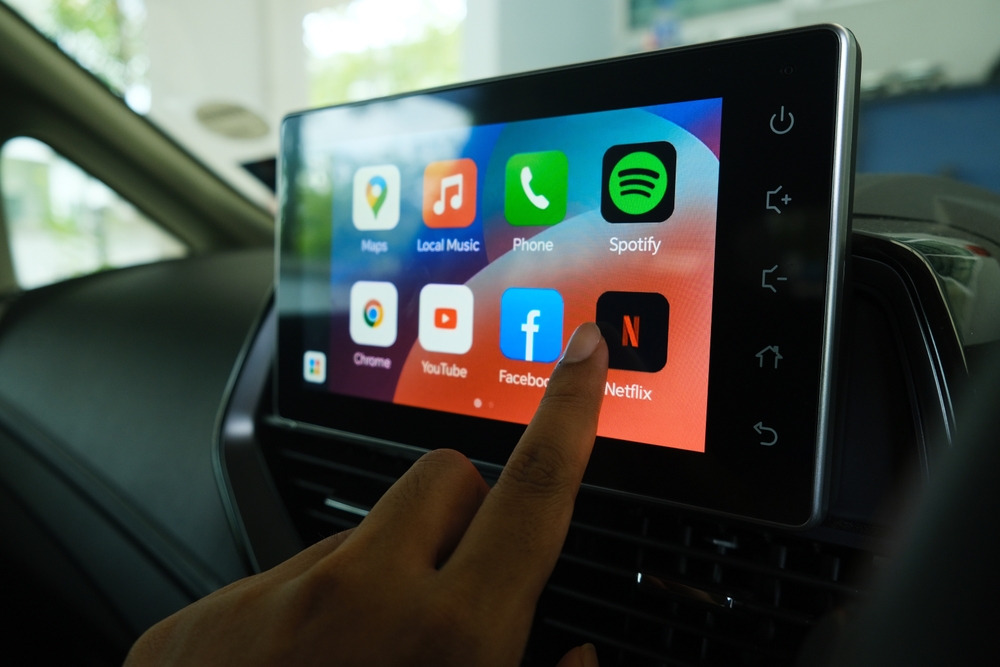
Older compact cars often lack modern infotainment systems, which can make long road trips feel dull. Basic features like Bluetooth or USB ports might be missing, leaving passengers with few options to stay entertained. Without access to streaming music or navigation apps, boredom can set in quickly, especially on longer stretches of road. For those accustomed to high-tech features, the experience can feel frustratingly outdated.
Difficulty Handling Rough Roads

Compact cars are typically designed for city driving, which means they don’t handle rough or unpaved roads well. When your road trip takes you off the beaten path, you’ll quickly notice how poorly these cars manage gravel or uneven surfaces. The low ground clearance and weaker suspension can make for an uncomfortable ride, especially if the road conditions are less than ideal. You might even risk damaging the car if the terrain gets too rough.
Compromised Safety

While compact cars have made strides in safety technology, their smaller frames still offer less protection in the event of an accident. On highways where large trucks and SUVs dominate, the size difference can be worrying. Many compact cars lack advanced safety features like lane-keeping assist or adaptive cruise control, particularly in older models. This can leave drivers feeling more vulnerable during long road trips.
Inadequate Towing Capacity
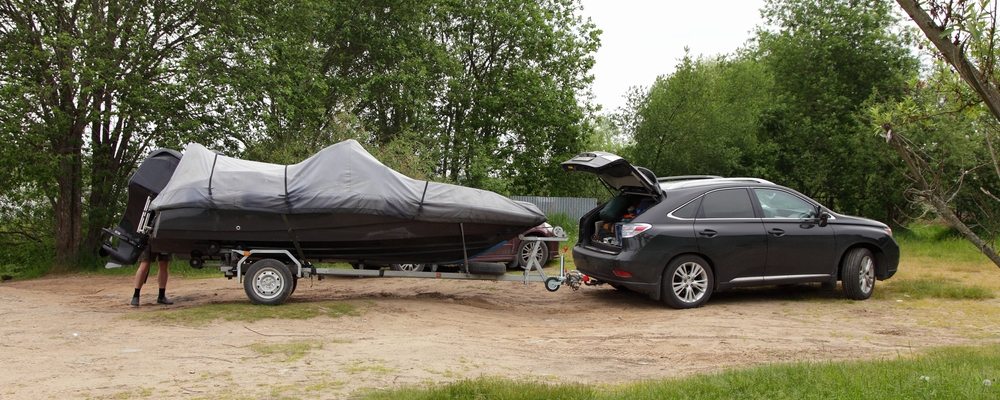
Compact cars are not designed for towing, which becomes a limitation if you need to bring along larger items like a trailer or a small boat. Their limited engine power and lack of tow hitches mean you’re stuck packing everything into the car itself. This can be a real drawback for road trips that involve outdoor activities where extra gear is needed. For those seeking adventure, this limitation can be a frustrating roadblock.
Limited Access to Spare Parts
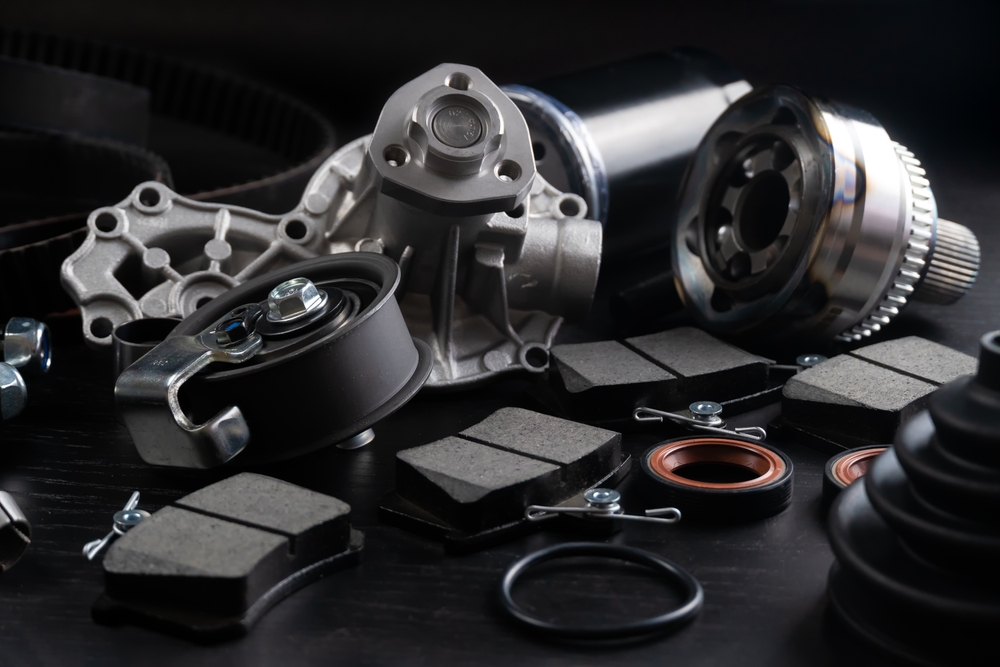
If something goes wrong with your compact car during a road trip, finding the right replacement part can be tricky, especially in remote areas. Compact cars, particularly older or less common models, may require specialized parts that aren’t readily available at local repair shops. This can turn a simple breakdown into a much longer delay. Waiting for parts to be shipped in can stretch an already lengthy trip even further.
This article originally appeared in MyCarMakesNoise.
More from MyCarMakesNoise
15 Things That Happen When Your Car Sits Too Long
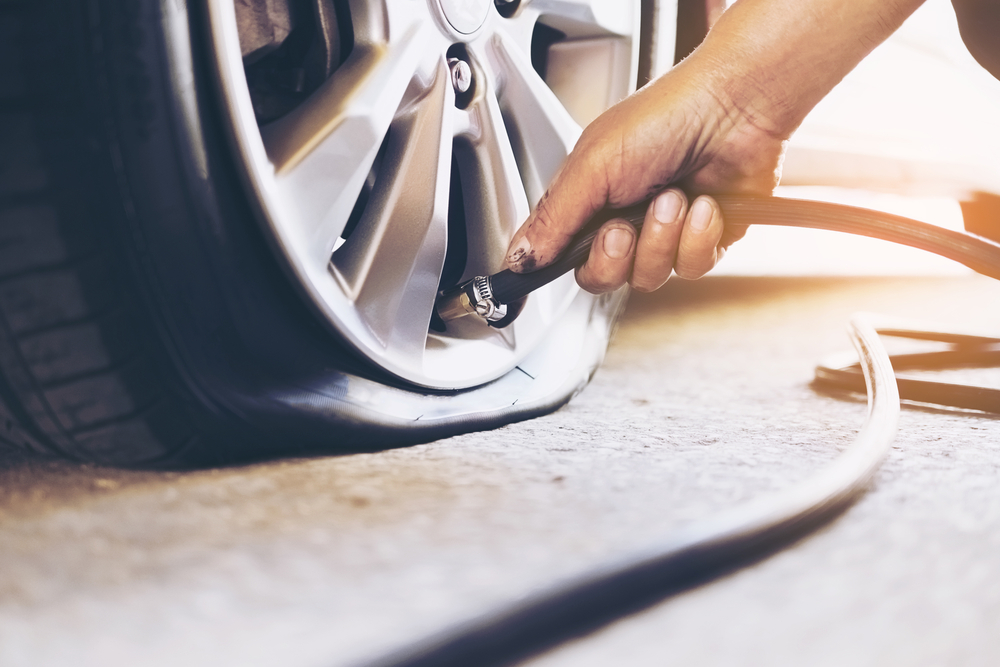
When your car sits idle for too long, it’s not just gathering dust—it’s also facing a range of issues that can sneak up on you. From battery drain to tire damage, the consequences of letting your car sit can lead to costly repairs and unexpected problems. Read More.
The 17 Most Stylish Luxury Yachts Cruising the Seas

When it comes to luxury on the water, few things are as impressive as a stylish yacht. These floating masterpieces combine cutting-edge design with unparalleled comfort, making them the ultimate symbols of prestige. Read More.
20 Game-Changing Aircraft That Shaped Aviation History
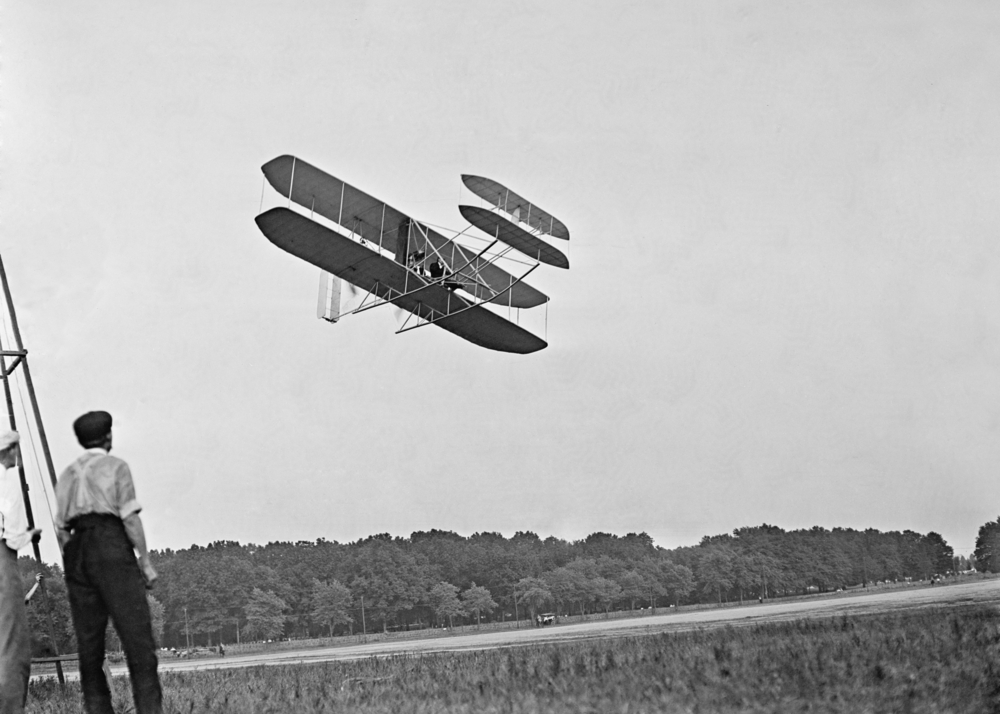
Aviation has been shaped by remarkable aircraft that have pushed the boundaries of technology and design. From the early days of flight to modern marvels, these revolutionary aircraft have not only transformed how we travel but have also set new standards in safety, speed, and efficiency. Read More.

